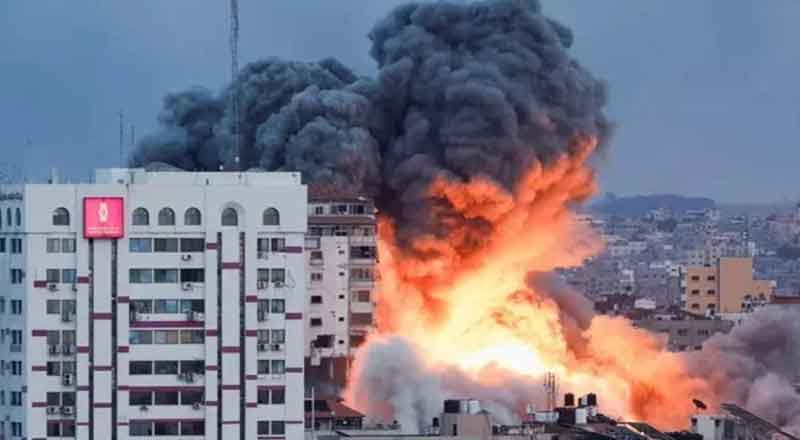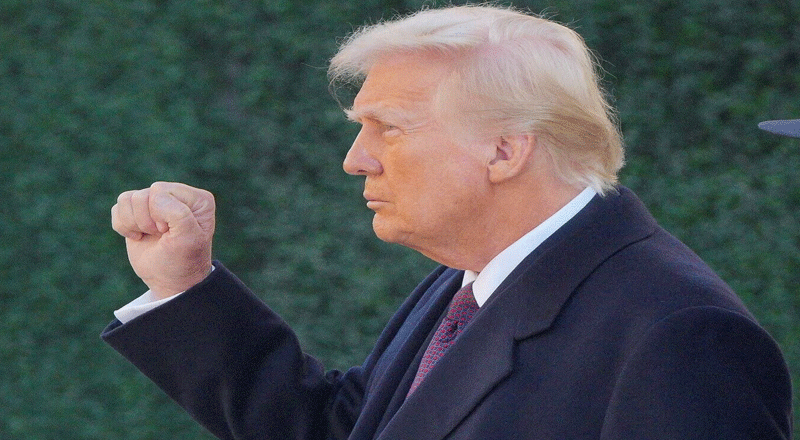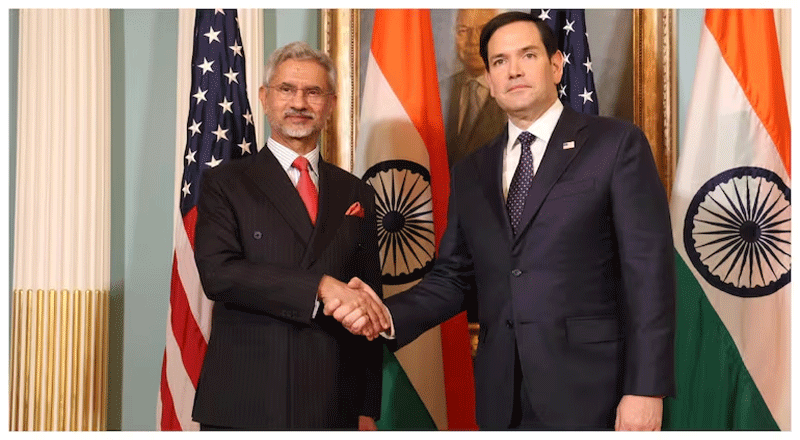The ongoing conflict between Israel and Hezbollah reached a critical point on September 28, as Israel launched a series of powerful airstrikes on Beirut. The attacks, which targeted Hezbollah’s command center, were unprecedented in scale, signaling a sharp escalation in hostilities that have spanned nearly a year. Amid the chaos, speculation over the fate of Hezbollah’s leader, Hassan Nasrallah, has only added to the uncertainty of the situation, potentially pushing the conflict closer to full-scale war.
Conflict on the Edge of War
The Israeli-Hezbollah conflict has seen frequent exchanges of missile and rocket fire, with daily attacks crossing the borders between Lebanon and Israel. However, the early morning raids on September 28 marked the most severe Israeli strikes on Beirut to date. For five continuous hours, Israeli forces targeted Hezbollah’s command center in the southern suburbs of Beirut. The airstrikes followed another intense attack the day before, which Lebanese authorities confirmed killed at least six people and injured 91 others.
Lebanese health officials indicated that the death toll is expected to rise, as more than 700 people have reportedly been killed in airstrikes over the past week. The strikes have devastated several parts of Beirut, particularly in Hezbollah-controlled areas, with seven buildings reported destroyed.
Nasrallah’s Fate in Question
Amid the intensifying conflict, uncertainty surrounds the fate of Hezbollah’s leader, Hassan Nasrallah. Reports emerged that Nasrallah was unreachable following Friday’s airstrikes, leading to speculation that he may have been targeted. Israeli officials have remained vague about whether the airstrikes aimed to kill Nasrallah. A senior Israeli official commented, “Sometimes they hide the fact when we succeed,” indicating the difficulty in confirming high-profile targets.
Meanwhile, Hezbollah has not issued an official statement regarding Nasrallah’s status. A source close to Hezbollah told Reuters that Nasrallah was alive, while Iranian media, including the Tasnim news agency, reported that he was safe. Tehran is also reportedly investigating his condition, according to a senior Iranian security official.
Israeli Strikes Target Key Hezbollah Leaders
While Nasrallah’s fate remains unknown, the Israeli military confirmed it had successfully killed Muhammad Ali Ismail, the commander of Hezbollah’s missile unit, along with his deputy, Hossein Ahmed Ismail. This marks a significant blow to Hezbollah’s military capabilities, particularly in its missile operations, which have played a crucial role in the group’s offensive against Israel.
Escalation Continues
In a further sign of the growing tensions, Israeli Prime Minister Benjamin Netanyahu cut short his trip to the United States and returned to Israel, canceling plans to stay until the end of the Sabbath. Just hours before, Netanyahu addressed the United Nations, pledging that Israel would continue its strikes on Hezbollah until the militant group ceased its aggression.
As Israel and Hezbollah edge closer to all-out war, the situation remains volatile, with the fate of key figures and the potential for broader regional conflict hanging in the balance.





